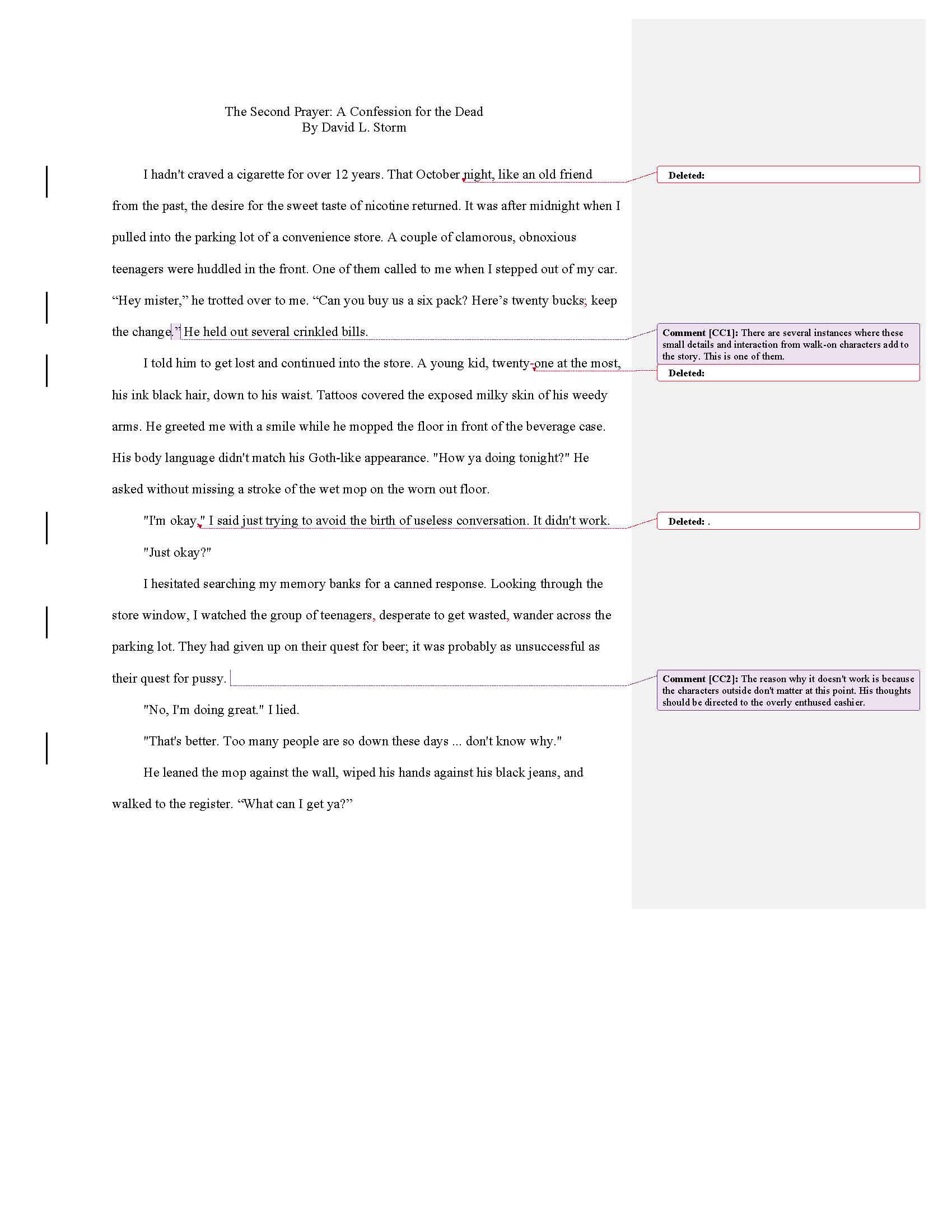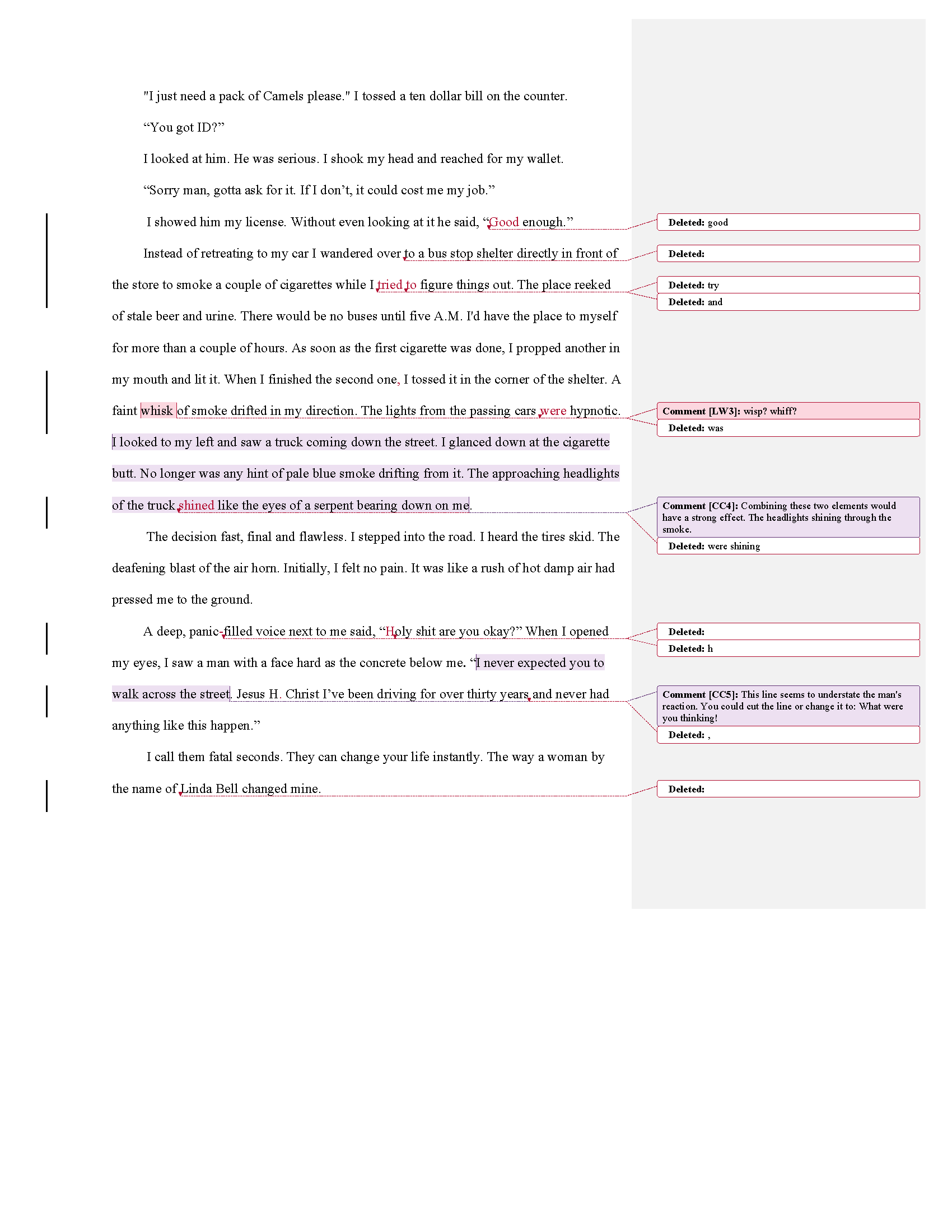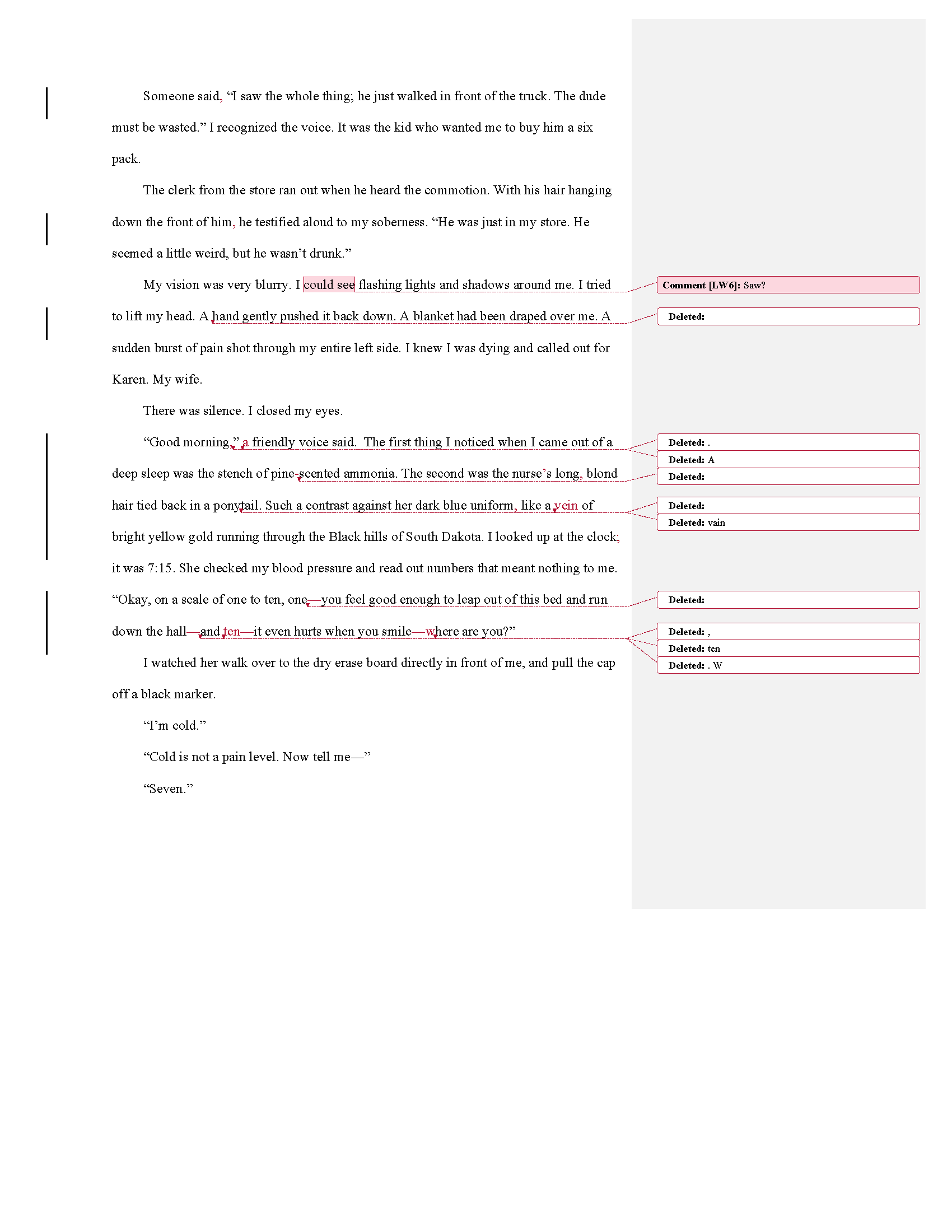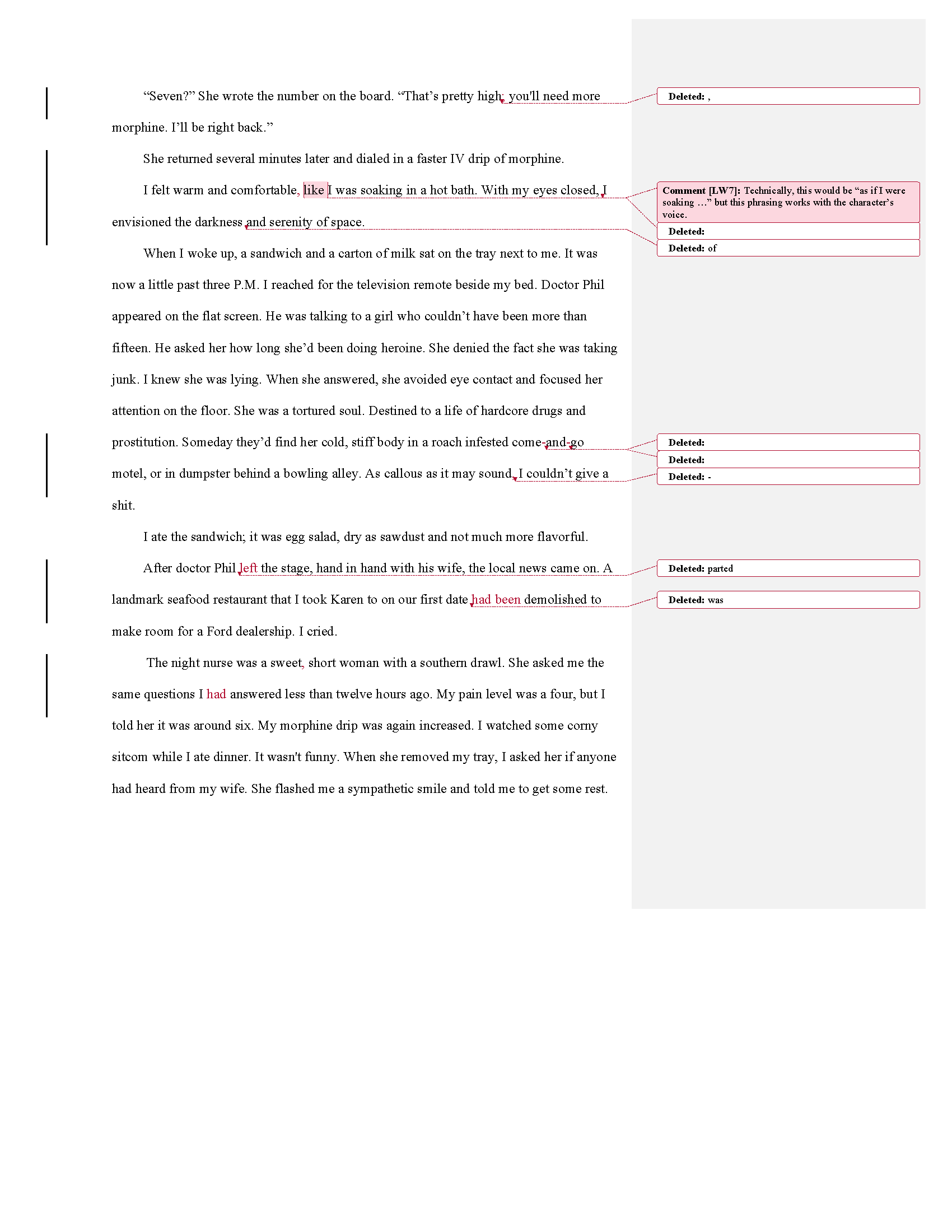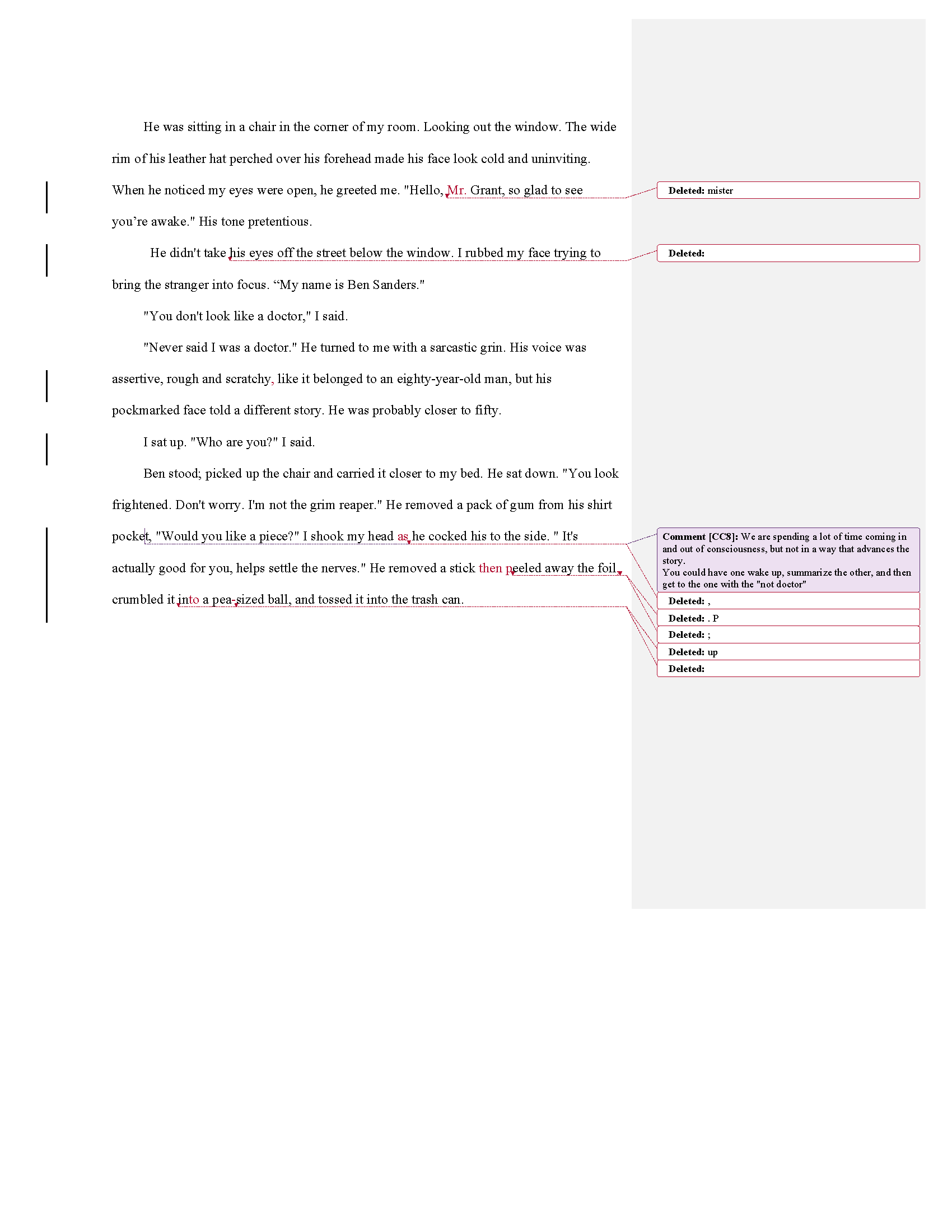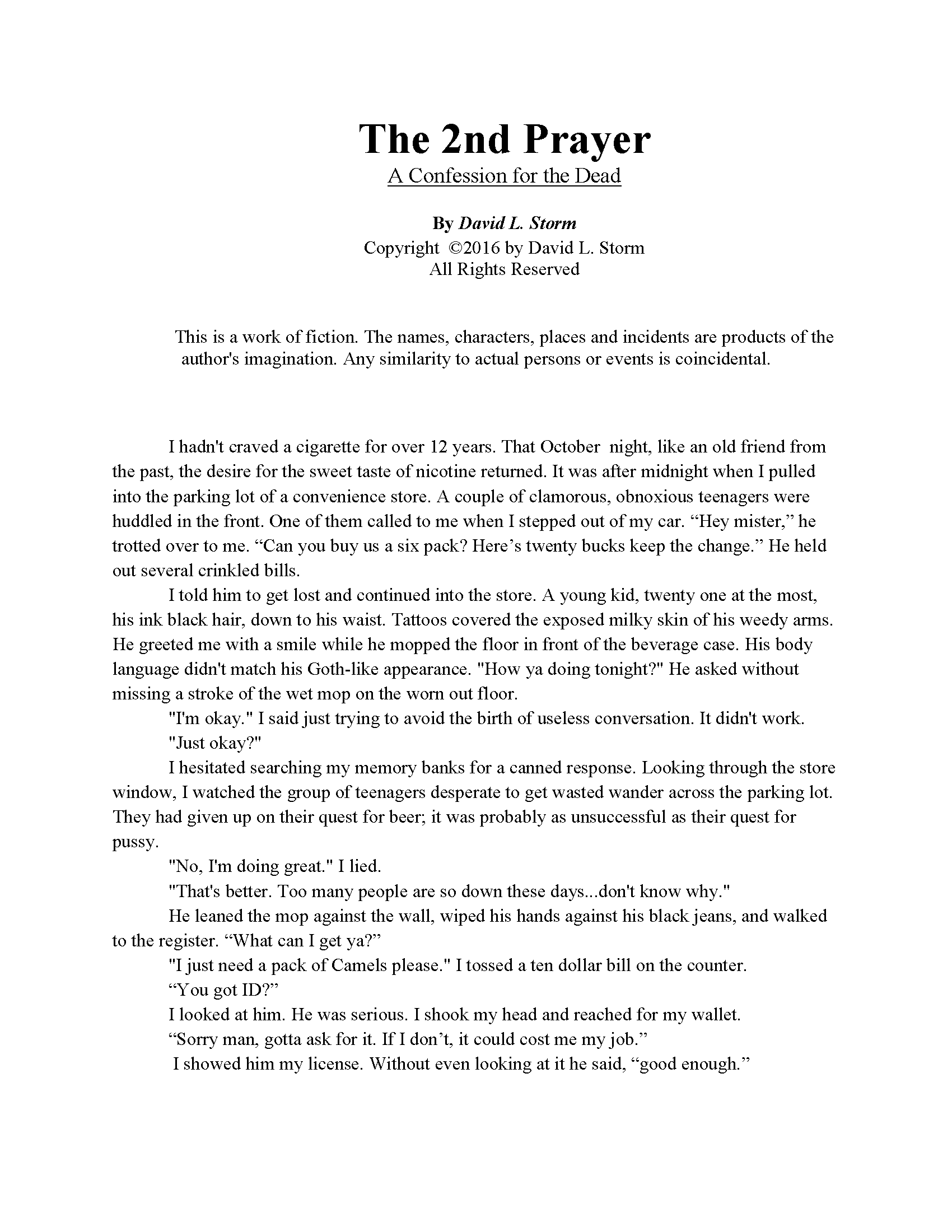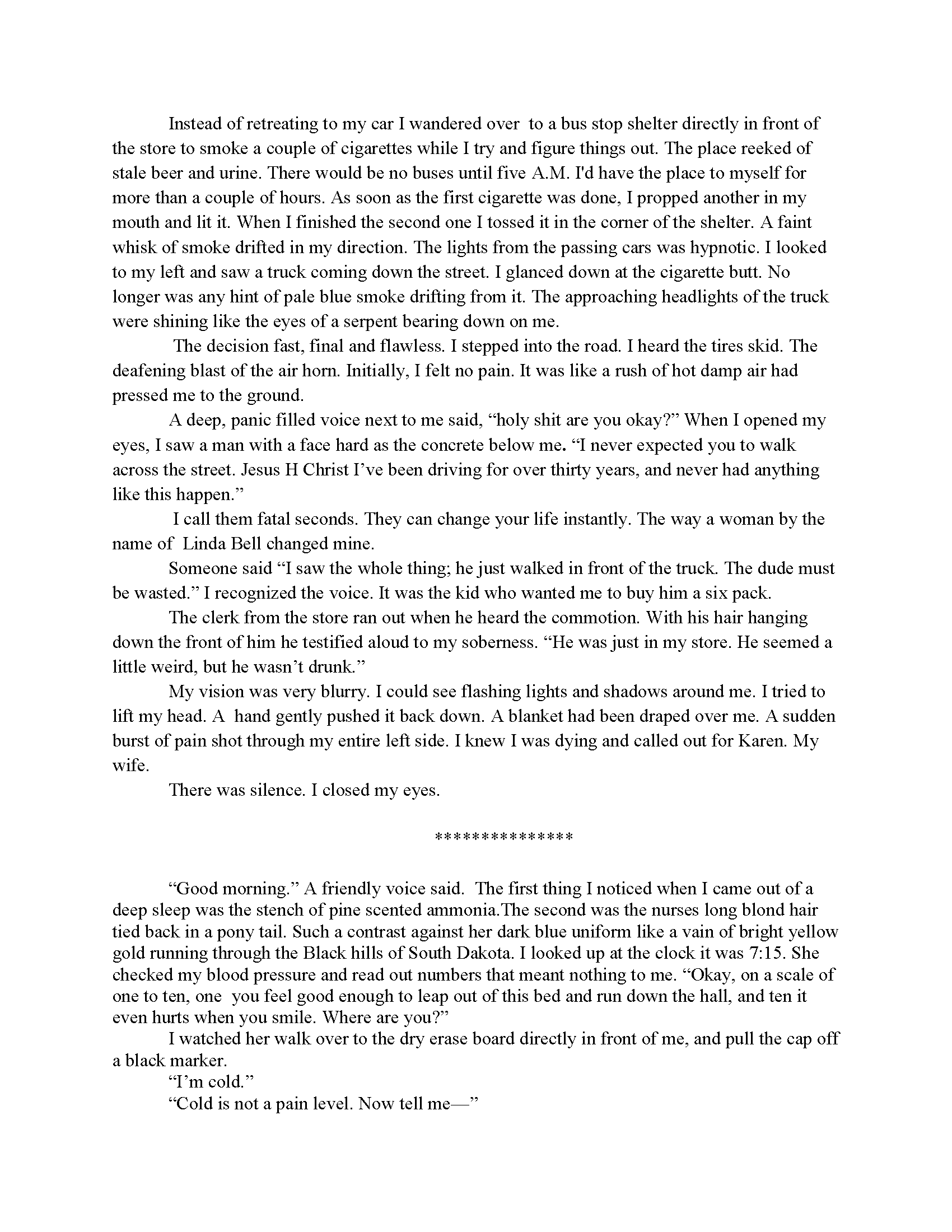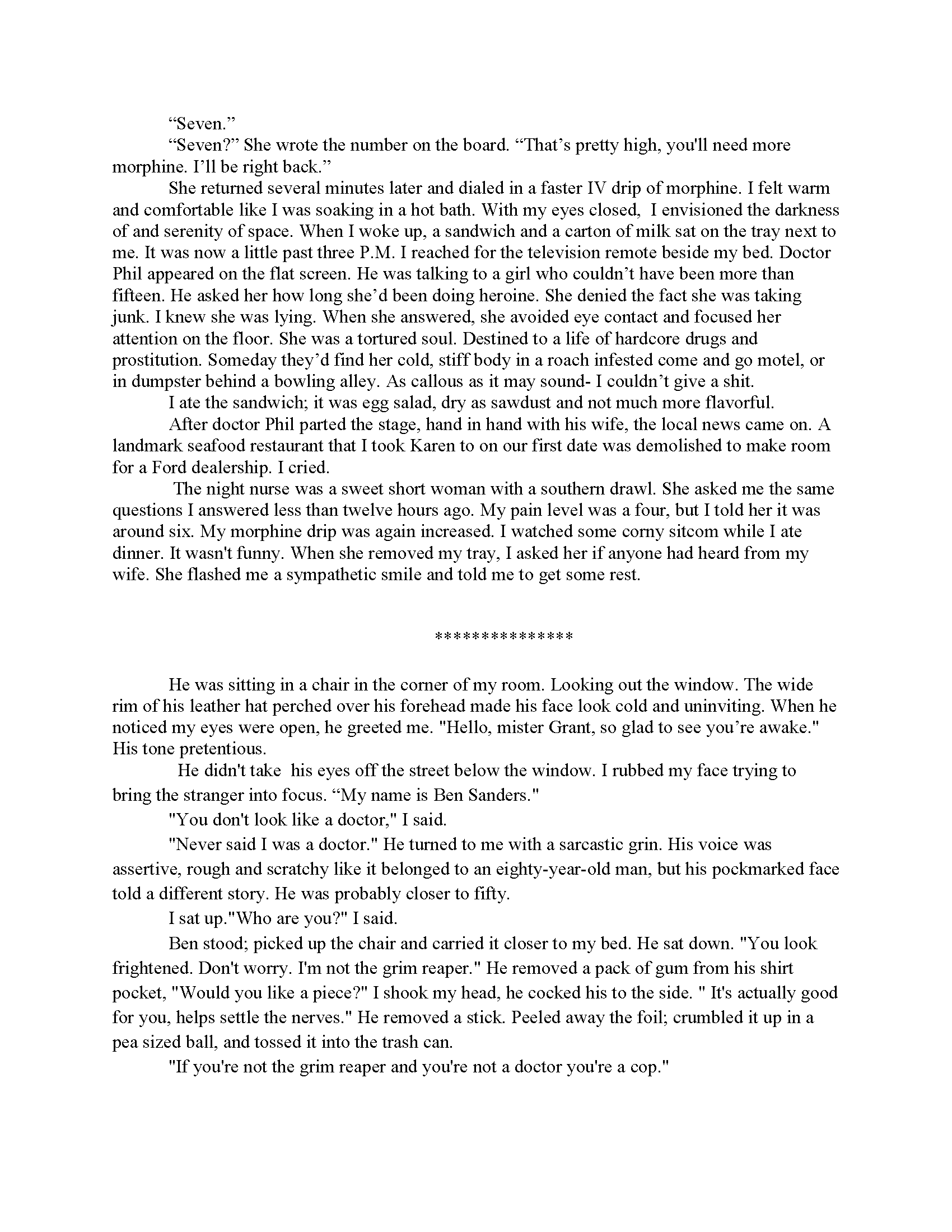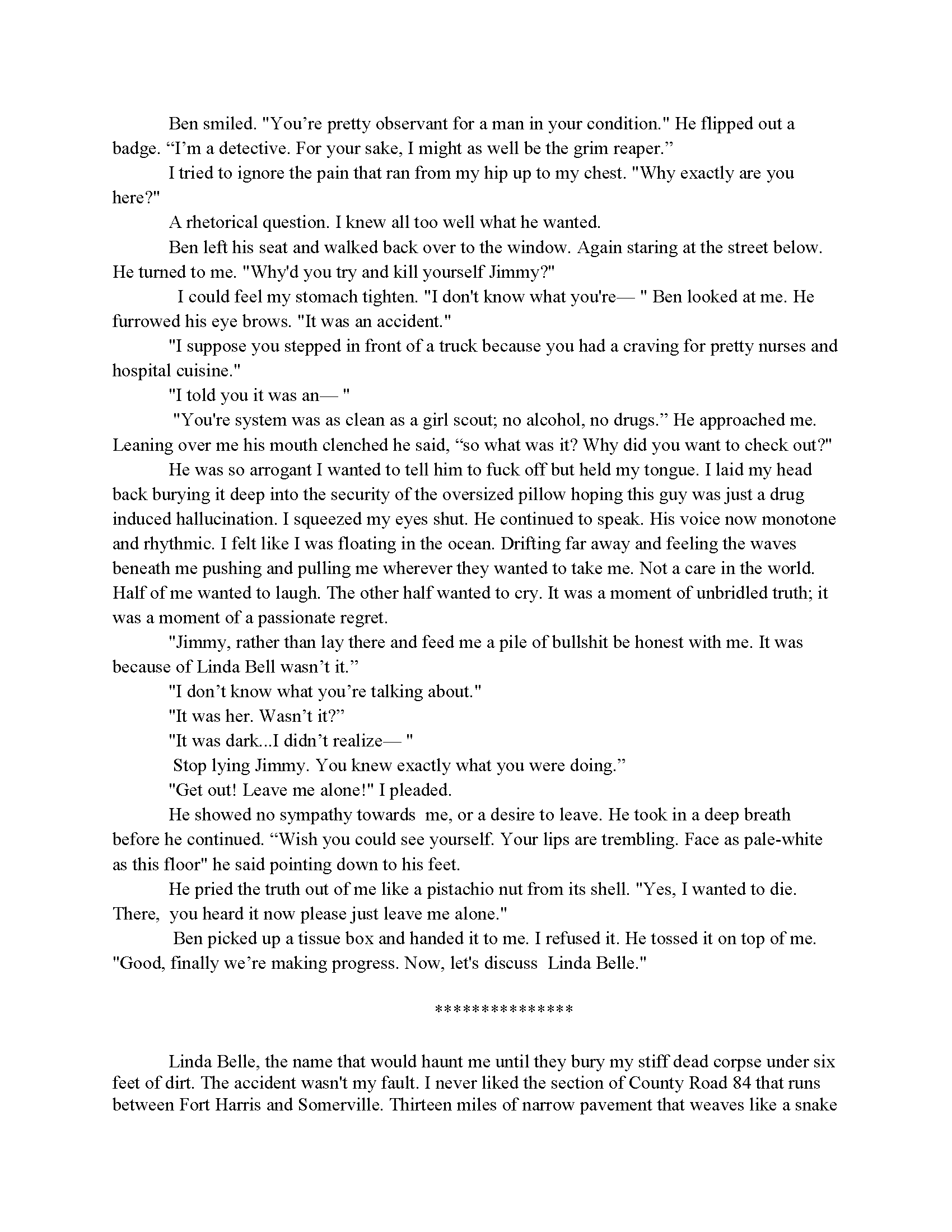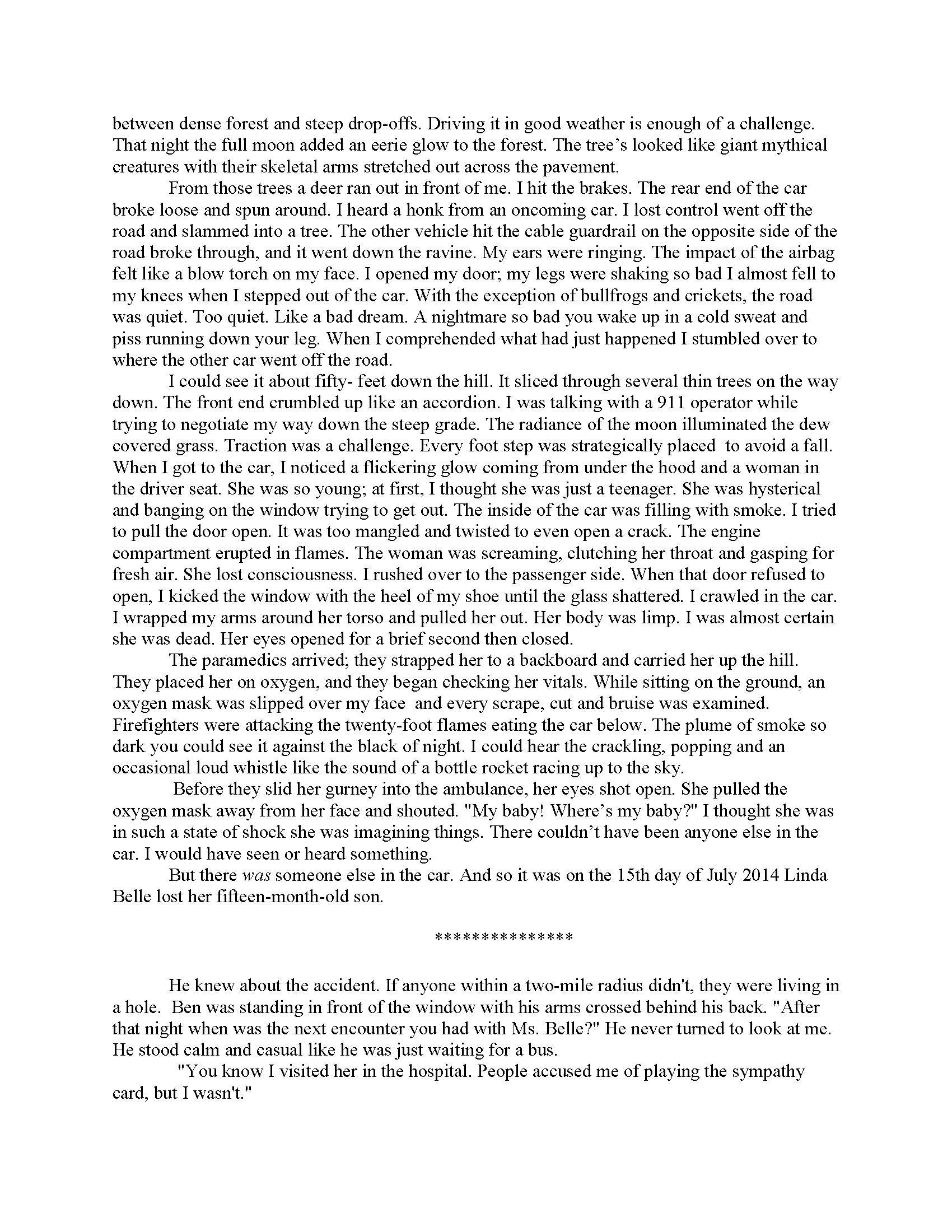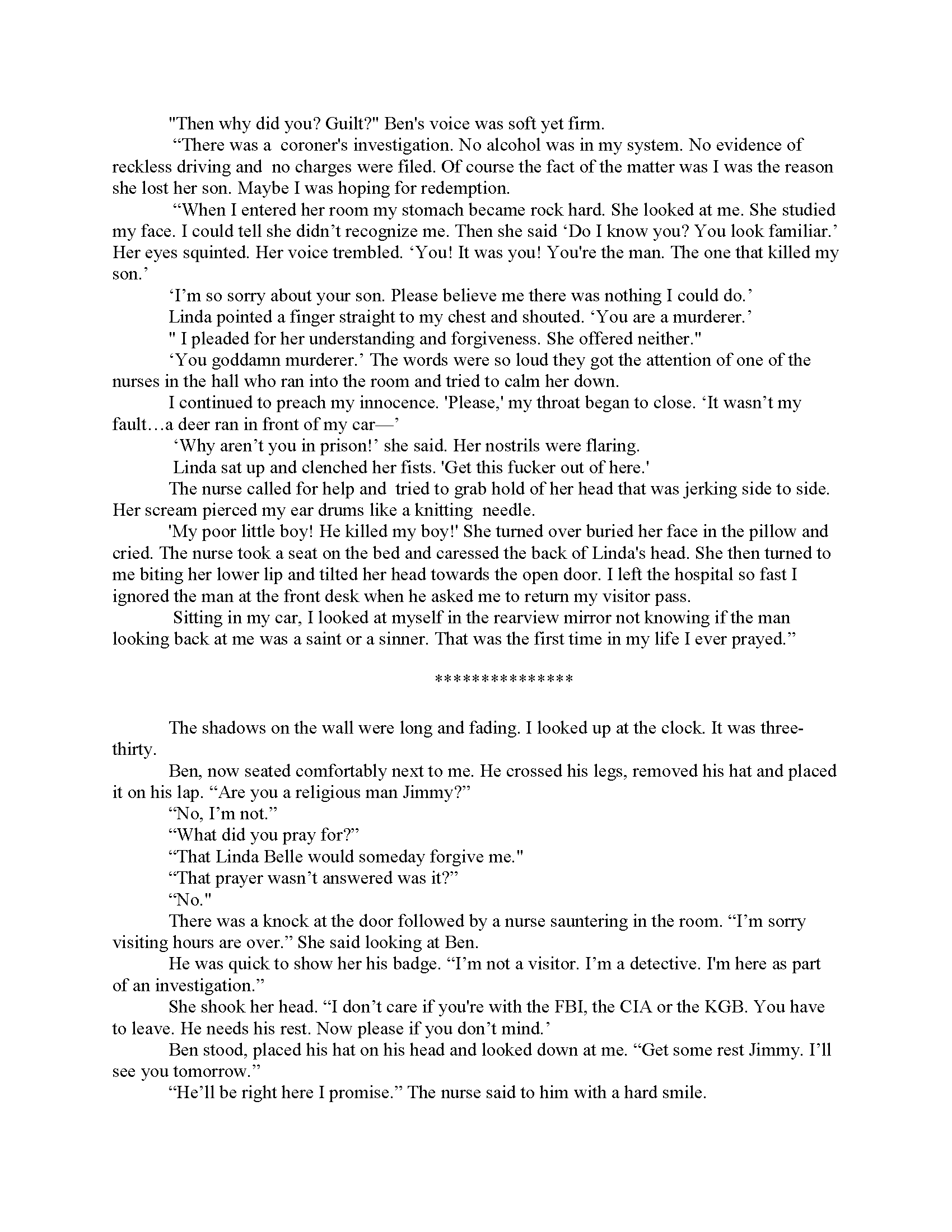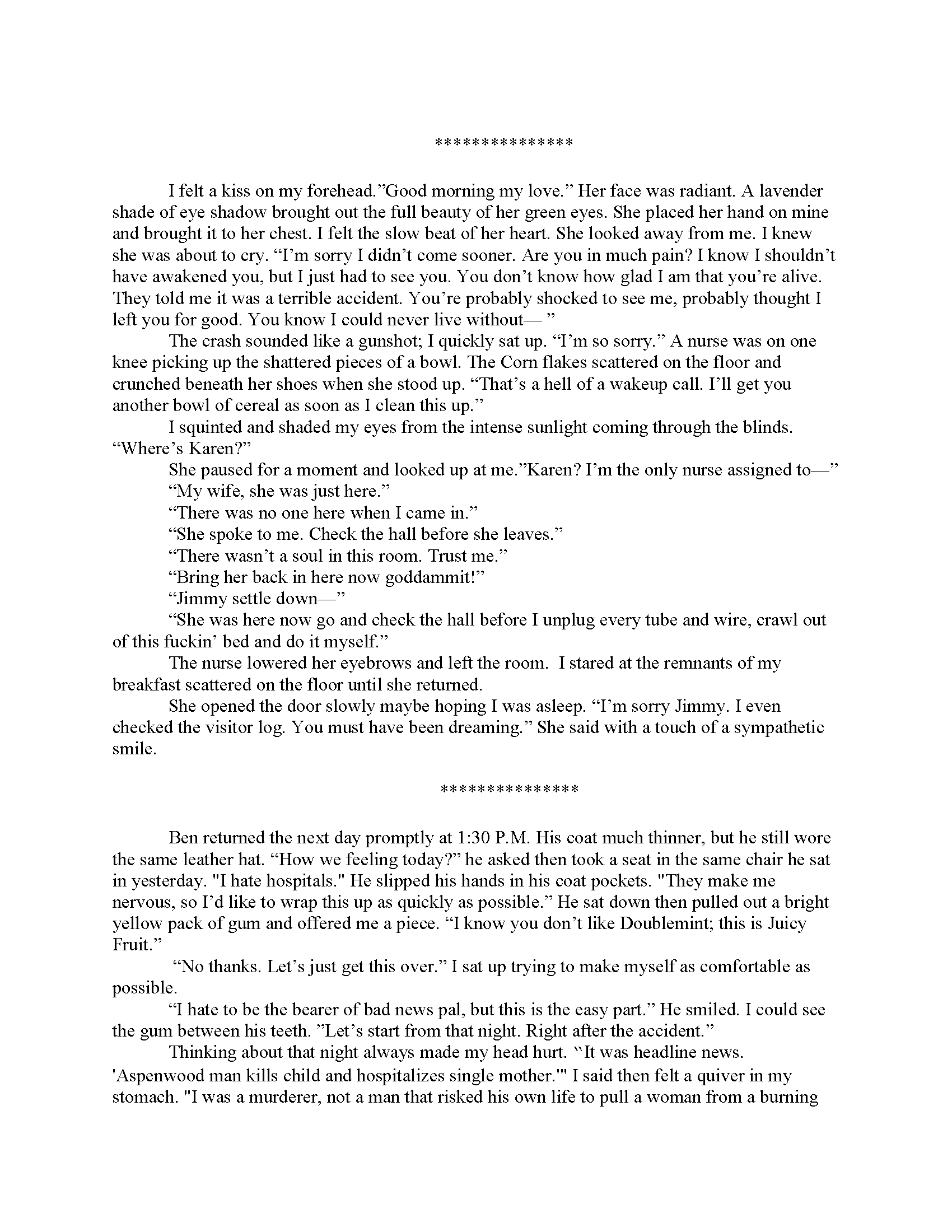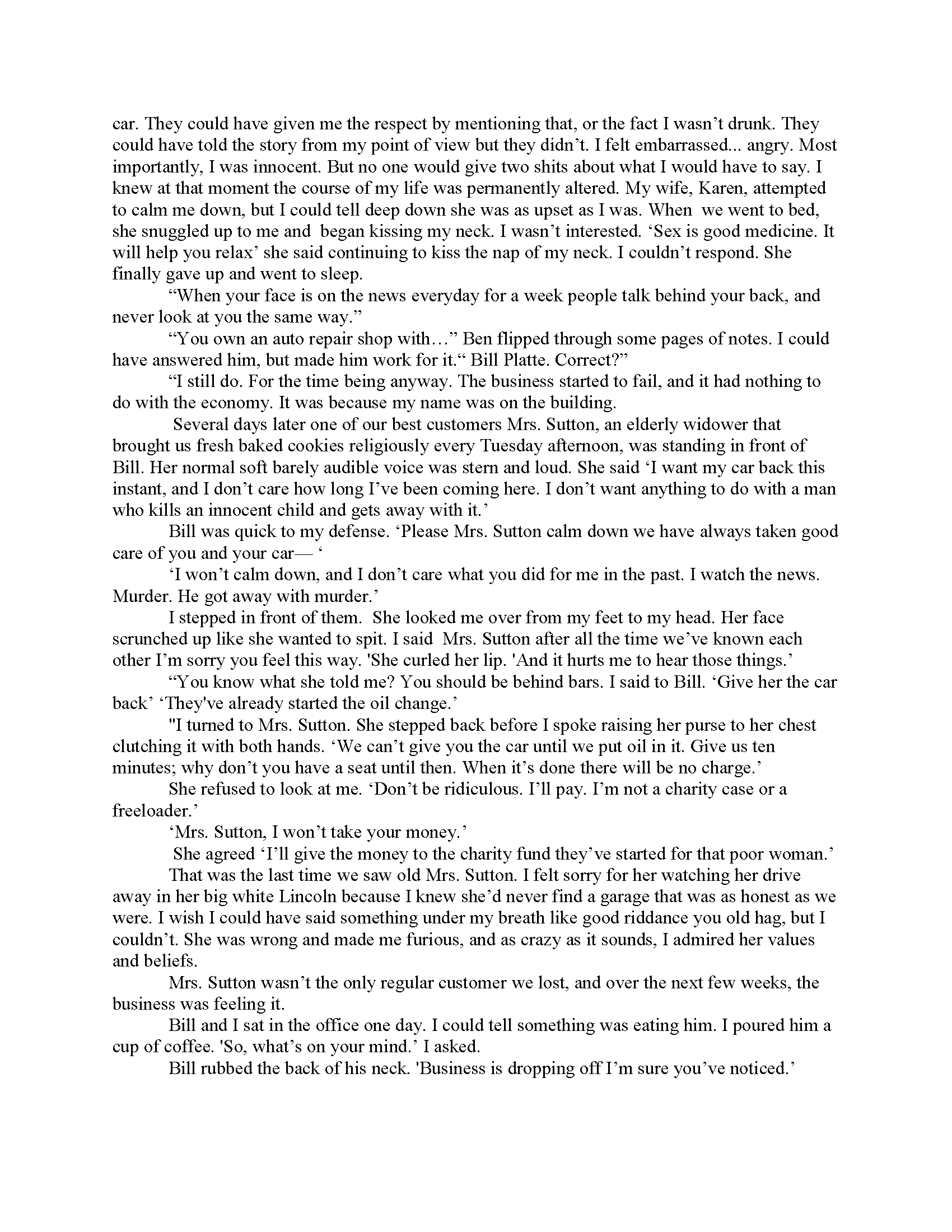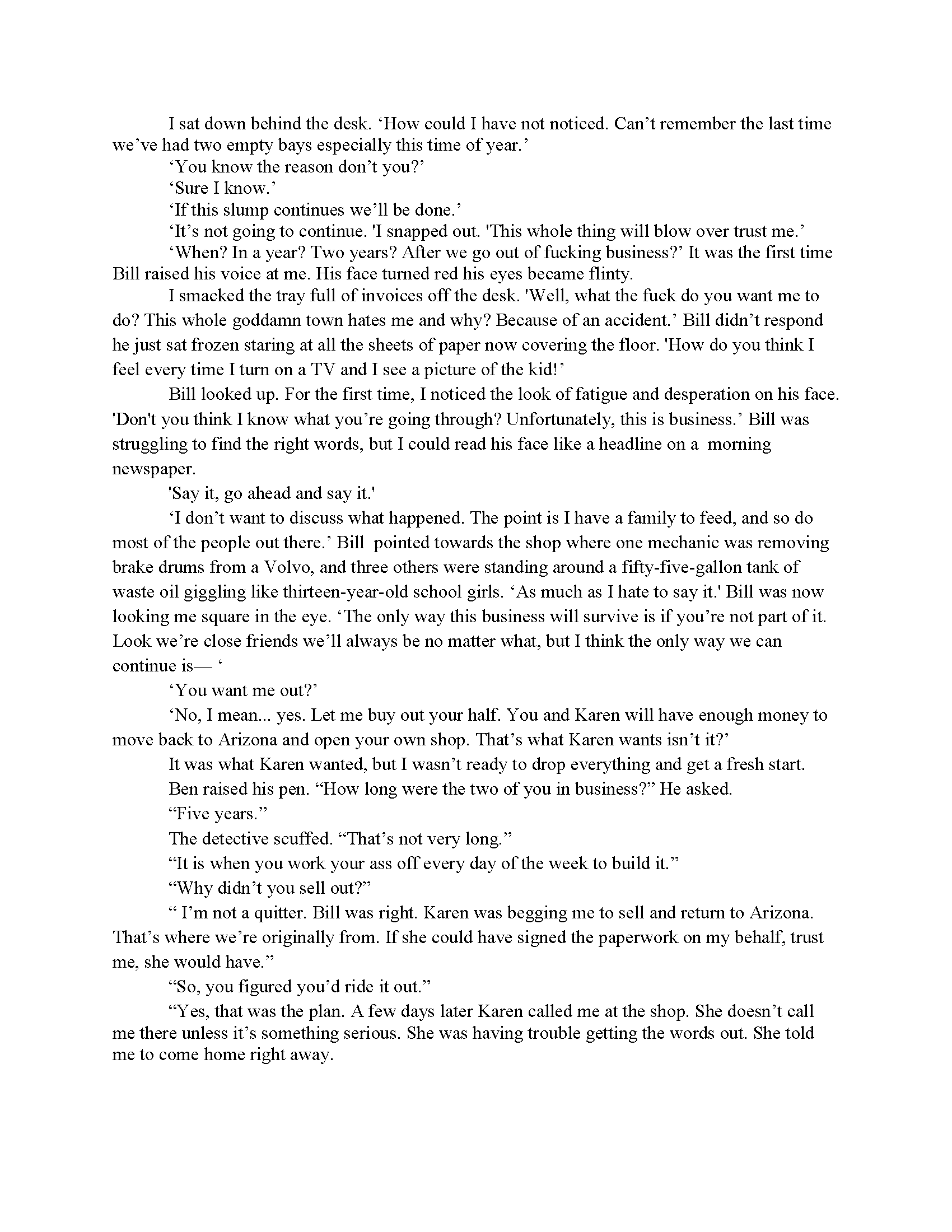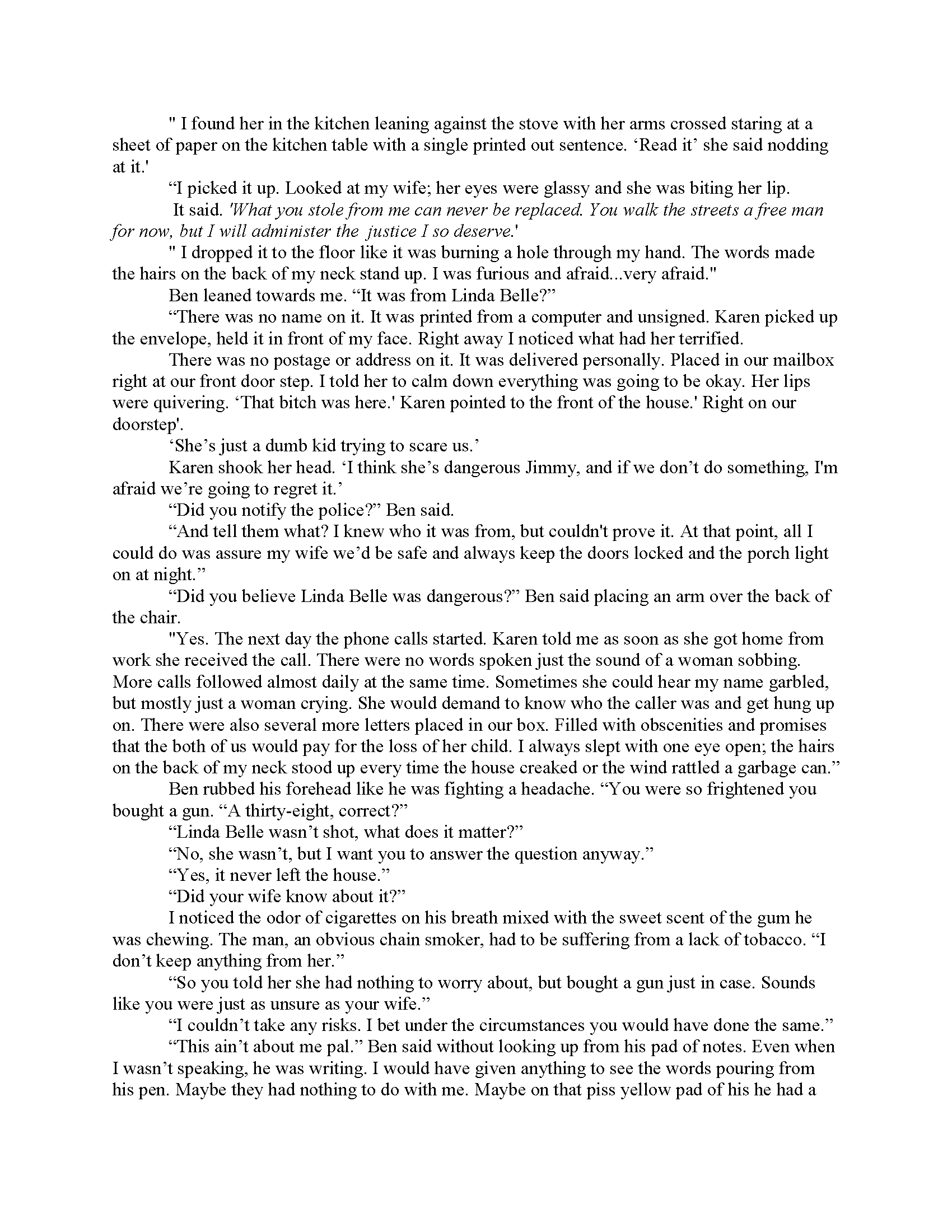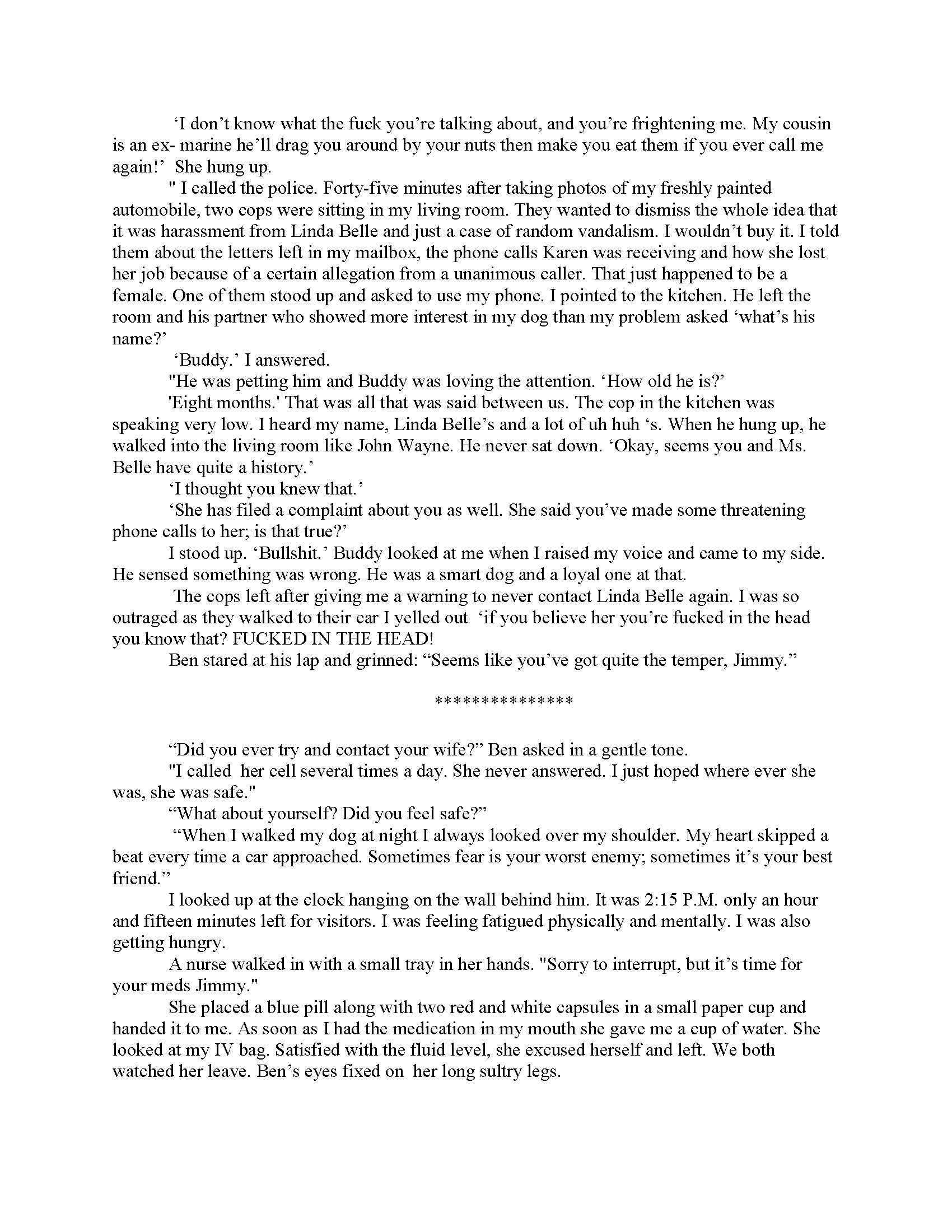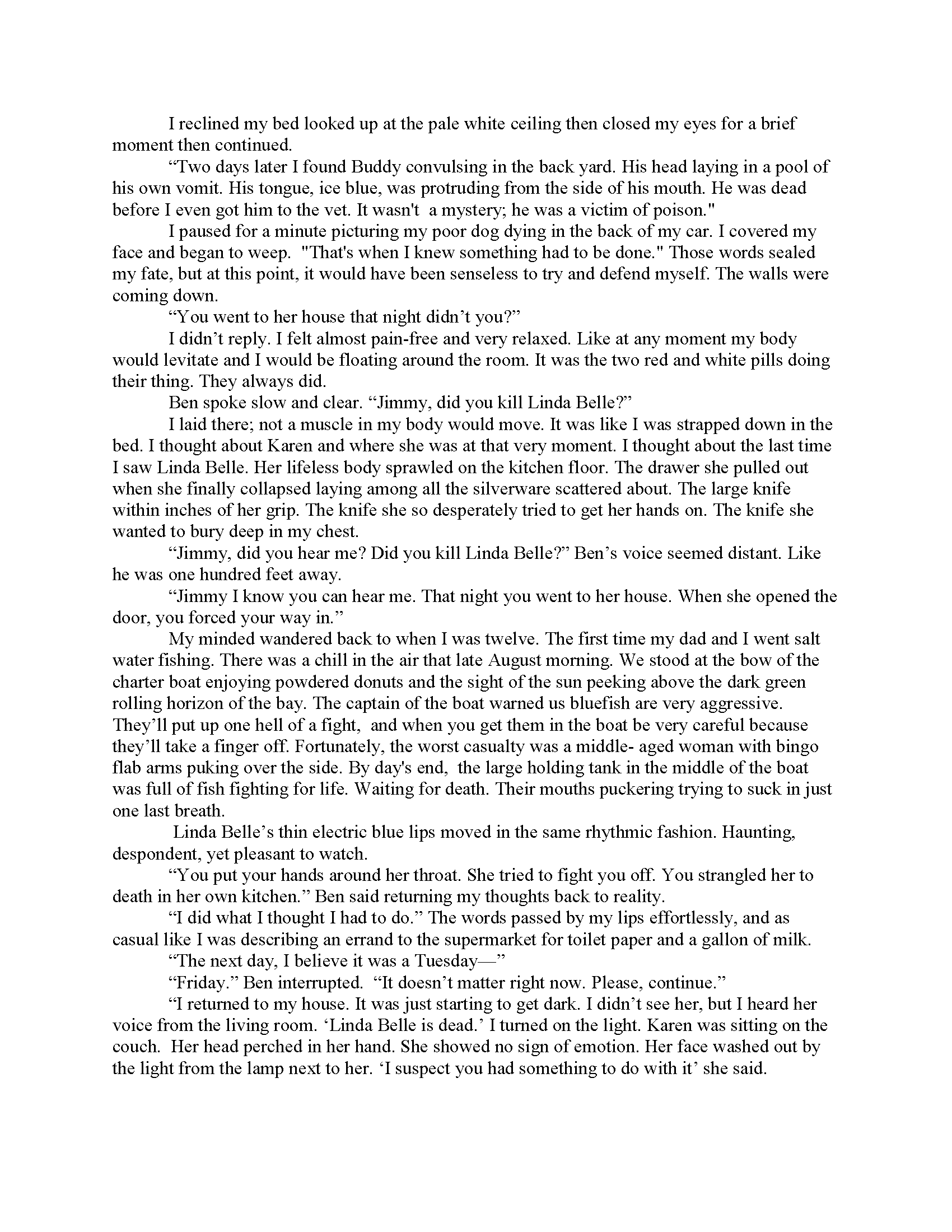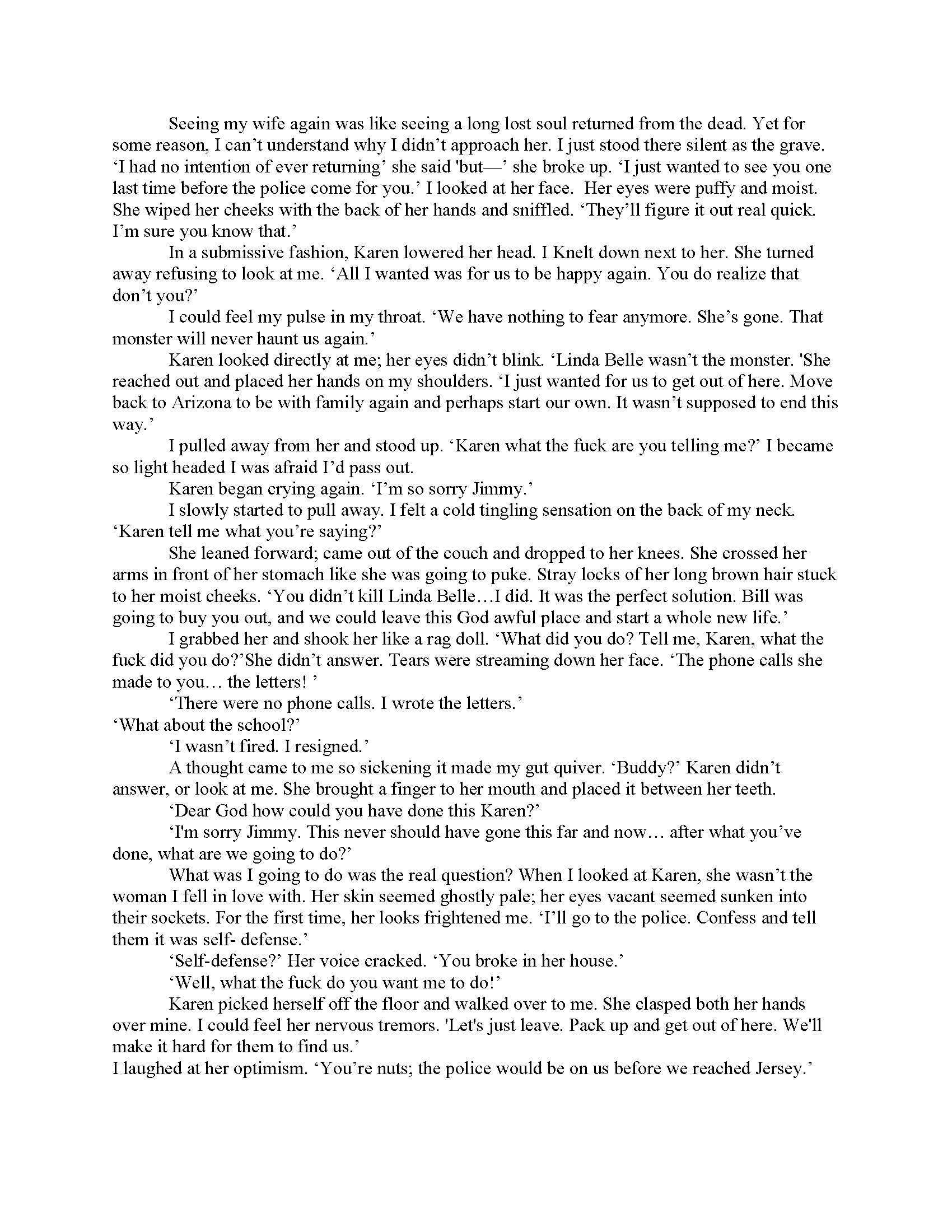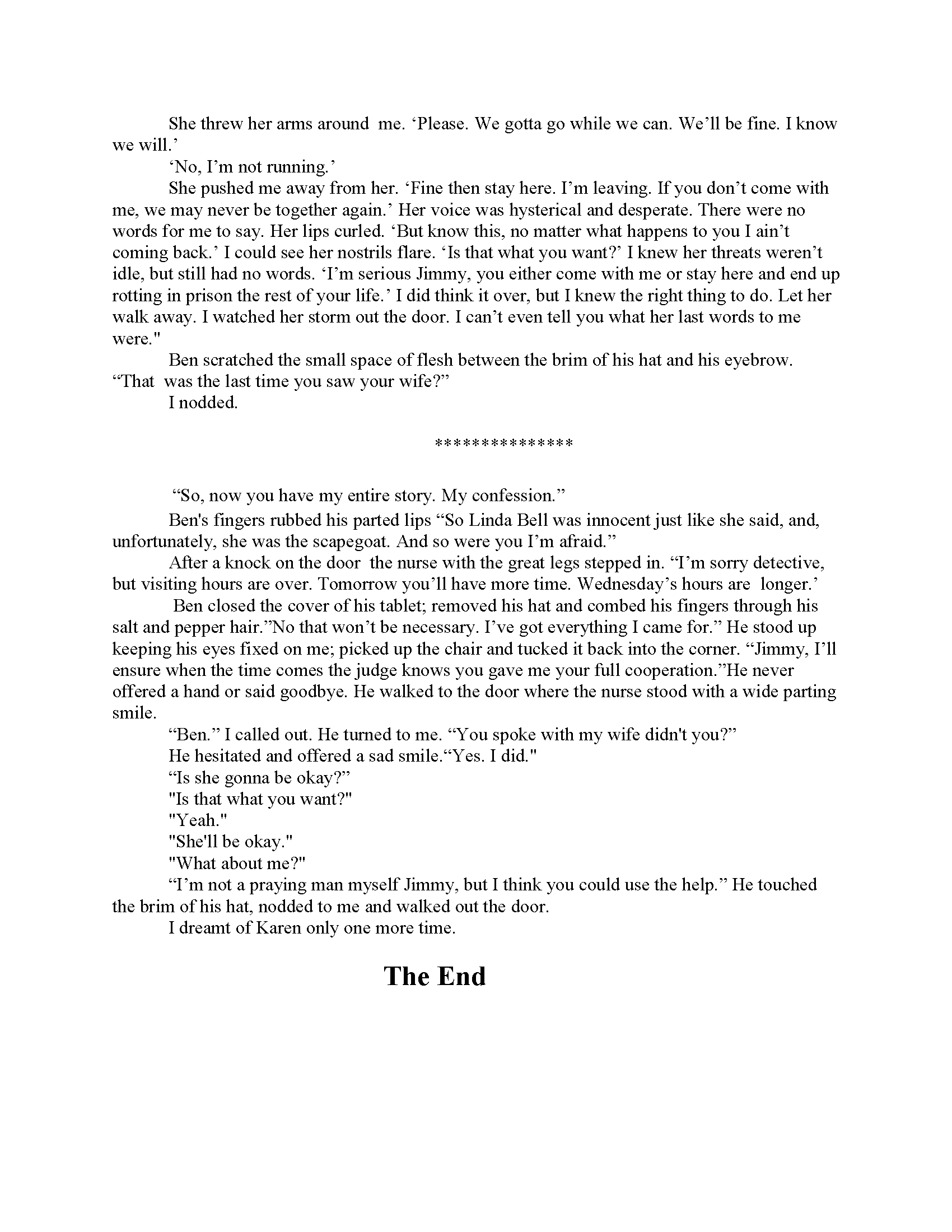Character reactions shouldn’t be random, but based on the way people actually respond to stimulus in their lives. Listen to episode 115 to find out how to craft great scenes by focusing on motivation reaction units.
Ep. 111: Experiment with Omniscient POV
Ep. 102: How to Choose Your Story's Point of View
In this episode, Clark and I discuss point of view in our critique of “The Second Prayer: A Confession for the Dead,” a thriller short story by David L. Storm. Point of view seems like a straightforward choice. It's the filter through which the reader experiences your story: Each option has advantages and disadvantages and can produce vastly different results. If you have to change it in the revision stage, it's a big job, but worth it if you find the right POV for the story you want to tell.
In our editorial mission this week, we share a list of questions to ask when you choose the story's POV for your first draft and later during revision. Our author has graciously allowed us to include the entire text of his story, and you'll find that below, after the inline critique.
Listen to the Writership Podcast
Wise Words on Point of View
“Selecting the best point of view from which to tell a story can be puzzling. Because you originally conceive an idea in first or third person doesn’t mean it has to stay that way. Often it’s good to rewrite the story in another person to see how it changes. Sometimes writers, after a number of drafts, have realized that the real story lies elsewhere—in the mother’s view of the daughter, not the daughter’s view of the mother. Such changes in perspective have resulted in breakthroughs that have astonished their own authors.
”
Additional Notes
Grab an official copy of David L. Storm's The Second Prayer: A Confession for the Dead!
Clark mentioned two stories films in which the viewer sees the story from multiple points of view. They are Roshomon and Vantage Point.
Editorial Mission—How to choose your story's point of view
When deciding and reviewing point of view, consider the questions listed below. No single factor should necessarily determine your choice. As Clark mentioned, when you’re deciding on a POV, it’s a great to experiment with different options. Try different characters as well as first, third limited, and omniscient to get a feel for how the story feels most natural.
- How many perspectives do you need? (The shorter the work, the more likely you’ll want to stick with one person.)
- Do you need an objective or subjective narrator?
- Do you need to contrast character’s actions? (As Nick Mamatas noted: “If a character’s thoughts match his or her actions exactly, the thoughts aren’t interesting and are probably not necessary to share.”)
- What are the advantages and disadvantages of each choice? This Writer’s Digest post lists the advantages and disadvantages of each point of view.
- Whose story is this? Who has the most at stake? Who changes the most as a result of the events of the story?
- Who has the best vantage point? Whose perspective can best convey the story to convey your controlling idea or theme?
- Who has the best and most interesting voice?
- Do you need more distance or intimacy? (You can adjust narrative distance within the POV, but this is accomplished far more easily in third omniscient than third limited and first.)
- Which character has a secret you want to avoid revealing early in the story?
- Consider the MICE quotient and who can best reveal the events of the story given the main factor in yours. (Not mentioned in the episode, but check out the advice for our author for a brief discussion.)
Editing Advice for Our Author
Dear David,
Thanks so much for sharing your story with us! “The Second Prayer: A Confession for the Dead” has a fascinating premise for a psychological thriller with so many great elements. The twist you have set up is spectacular and ambitious for a short story. I love that you’ve taken on this challenge!
Our biggest suggestion is to reconsider the point of view, including the character and possibly the type. Point of view is important in every story, but particularly critical when you want to reveal some facts and hide other facts. It’s hard to hear because this would mean a substantial rewrite, but you have stellar ingredients for a huge twist, and we suspect that a different point of view would make this powerful.
As Clark mentioned, we couldn’t think of any elements that we would cut or add (except that we think you could expand this into a novella or a novel)—our main advice is about how and when you reveal the events of your story.
The key to this can be found in your logline: Two people know why Jimmy stepped off the curb in front of a truck, and one is dead. Since Jimmy knows, he could simply tell us, and from his point of view, there is no mystery about why he did it. (Unless the story were about him waking up in the hospital and having no recollection of the facts of his recent past. But that’s quite a different story.)
The detective, Ben Sanders, doesn’t know why Jimmy acted the way he did, but wants to know so he can build a case against Jimmy in the death of Linda Belle. He’s a great character to guide us through the story and ask the questions we would want to ask.
Another way to look at it is through the lens of Orson Scott Card’s MICE quotient story factors: milieu, idea, character, or event. I hadn’t thought about this before we recorded, so we don’t talk about it in the episode. I share a brief explanation here, but if you want to find out more, listen to episodes 6.10 and 8.20 of the Writing Excuses podcast and Karen Woodward’s excellent posts on the topic.
Within that system, you could frame this as an event or character story, but the logline and genre point to an idea story: Jimmy Grant had it all, so why did he step off a curb in front of a truck? And the reason this is important is that this single fact changes how we see everything in the story.
As written this is an idea story, so it begins with a problem to be solved (building the case) or a question to be answered (Ben must know why this happened). If the question were, how am I going to get away with this, then Jimmy might be the best POV character, but again the powerful twist comes from the question of motive, and Ben is the person in this story who wants to know that and with whom the reader is most closely aligned.
You have such a fantastic and inventive twist! Thank you for the opportunity to talk about this and for trusting us with your words.
All the best,
Leslie & Clark
Line Edits for Our Thriller Short Story
The Full Story
Image courtesy of luciezr/bigstockphoto.com.


